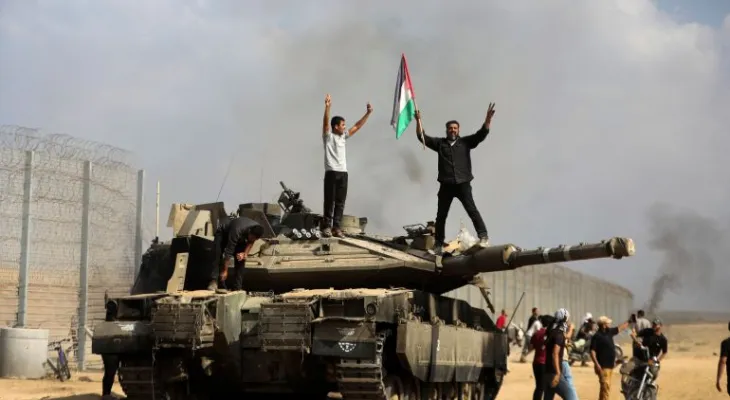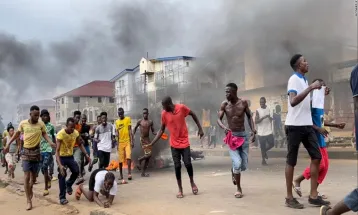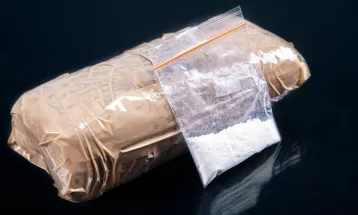
Hamas militants ``murdered a family in their bed'' at Kibbutz Kfar Aza, Israeli army says
In Kfar Aza, no one was too old, too young, or too weak to be slaughtered. It took Israeli forces half a day to reach the 750-person kibbutz in southern Israel, where fighting continued for three days. During this time, Hamas militants killed and seriously injured dozens of civilians.
"Mothers, fathers, babies and young families were killed in their beds, in shelters, in mess halls and in gardens," Major General Itai Veruv of the Israel Defense Forces told the BBC as troops searched homes. Ta. sacrificial corpse. "This is not a war, this is not a battlefield. That's a massacre. ”
The kibbutz was one of the first Israeli communities reached by Hamas militants when they launched an attack early Saturday morning. What happened there is reminiscent of reports at nearby Kibbutz Nahal Oz, where an entire family was said to have been shot dead, and Kibbutz Beeri, where Israeli rescue teams said they found more than 100 bodies.
A man passes by a destroyed building and a car covered in dust and ash.
The community of Kfar Aza had security teams and safe rooms in each home, but like the Israeli military and government higher-ups, they were not prepared for the wave of attackers pouring in from the devastated Gaza Strip. There wasn't.
Angry fighters armed with assault rifles, rocket-propelled grenades and hand grenades shot dead dozens of residents and dismembered some of their bodies, Werb and other soldiers described a series of atrocities.
"They killed them and cut off part of their heads. It's a terrible sight," Davidi Ben Zion, deputy commander of Airborne Forces 71, which led Israeli forces to Kfar Aza, told Reuters.
"We thank God that the lives of so many parents and children were saved," he said. "Unfortunately, some people were burned by Molotov cocktails. They are very aggressive, like animals."
The attack happened so quickly that Washington Post reporter Milk and coffee from Saturday's breakfast were still on the table next to the kitchen floor, which had blood stains on it.
Outside, the once neat streets lined with palm and banana trees smelled of death and had been transformed by the rubble of war.
Bodies lay in fallen places in the garden, and there were so many victims that it took hours for the morgue to collect them all. Houses were strewn with battle scars, some reduced to rubble, and burnt cars and piles of broken furniture were scattered nearby.




















